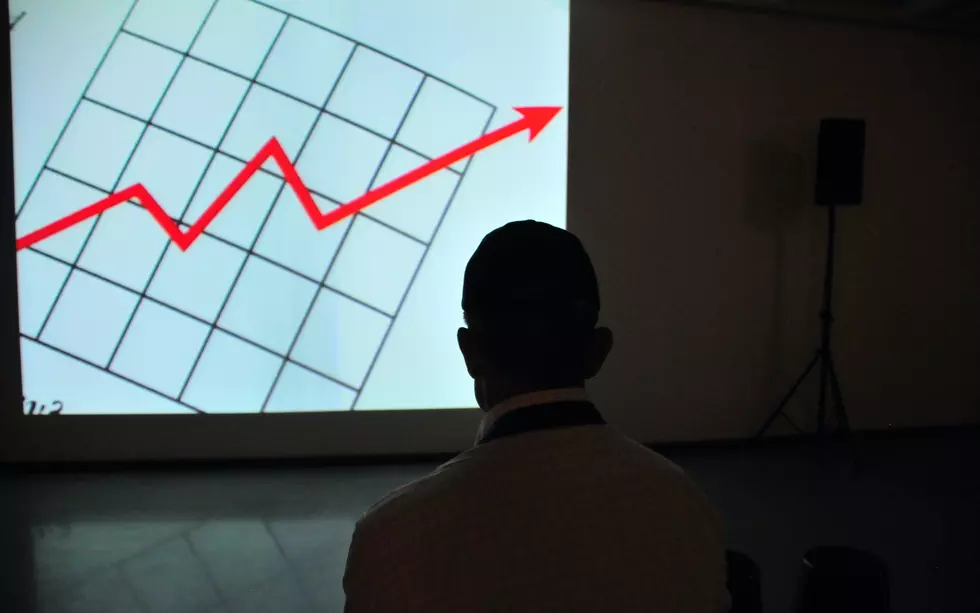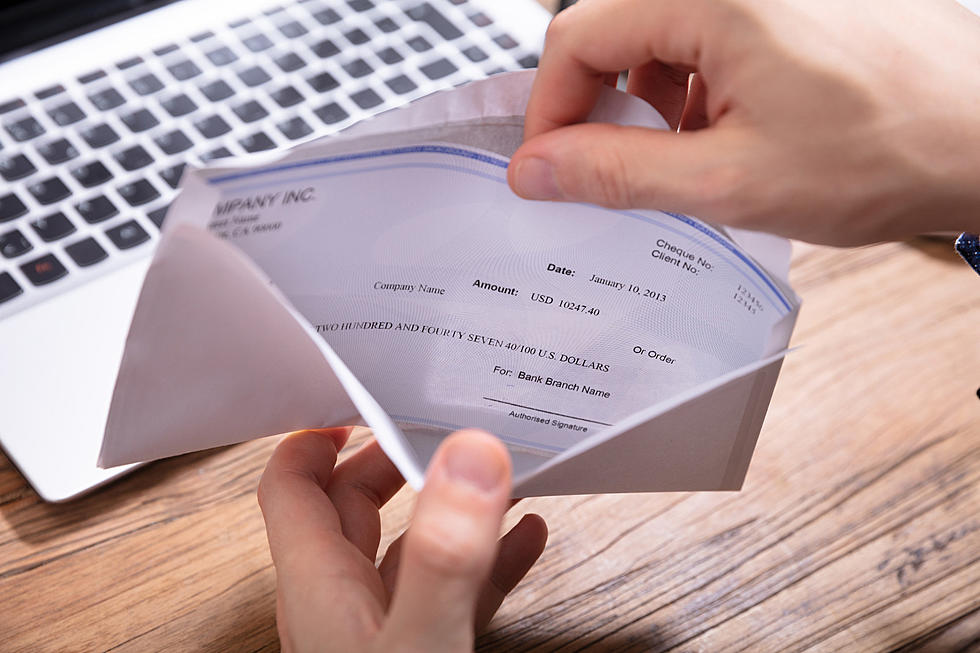
U.S. Taxpayers Get More Than They Pay For
With the tax deadline here and gone, a new study highlights the fact that U.S. taxpayers receive more from the government than they pay in.
For the first time since the Great Depression, households are receiving more income from the government than they are paying the government in taxes. The combination of more cash from various programs, called transfer payments, and lower taxes has been a double-barreled boost to consumers’ buying power, while also blowing a hole in the deficit.
The most-recent recession hasn't helped.
The recession cut deeply into tax payments as more people lost their jobs, and it boosted payments for so-called automatic stabilizers, such as unemployment insurance, that ramp up payments as the economy turns down. Plus, policy actions, including the Recovery Act, boosted payments to households by expanding and extending jobless benefits and creating other income subsidies.
Experts caution that something needs to be done to reverse the trend.
All this should be a yellow flag for the White House and Congress as they work toward reducing the deficit. Until the labor markets are strong enough to power consumer spending without the outsized income support from the government, withdrawing that support too quickly could put spending and the economy at risk to some unexpected shock.
More From KOOL 101.7









